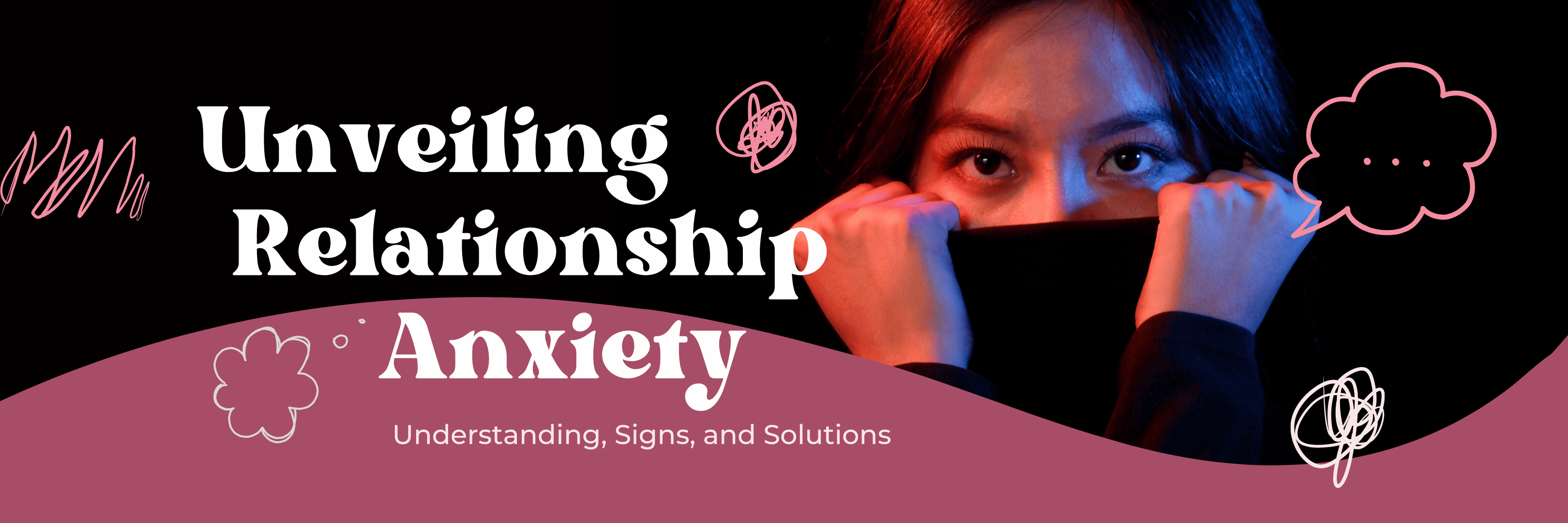
What is relationship anxiety?
Are you feeling stressed or having doubts about your relationship? Chances are you’re experiencing relationship anxiety. If you find random thoughts intruding your mind about what your partner might be thinking or where they might be, or even whether you might be suitable, fret not. Even healthy relationships experience bouts of relationship anxiety.
Signs of relationship anxiety
- Obsessive behaviour Occurs when someone constantly checks whether they have missed calls, unread messages or any form of communication from their partner
- Protesting behaviour This may also come off as constantly seeking reassurance to check if the relationship is secure
- Intense desire to have emotional distance
Involves ghosting – cutting off communication with someone abruptly – or avoiding your partner in terms of emotional connection or intimacy

Causes of relationship anxiety
- Past trauma or bad experiences from past relationships such as betrayal, infidelity or loss
- Different attachment styles
- Secure attachment: There is clarity on the boundaries of different relationships and confidence in maintaining healthy relationships with different people.
- Disorganised/ fearful-avoidant attachment: There is already a pre-existing difficulty with regulating emotions and lack of clarity in relationship boundaries, leading to a projection of insecurities and avoidance of strong emotional attachments
- Avoidant/ dismissive attachment: Gravitation towards the worst case scenario behaviour in a partner, yet thinking the best case scenario behaviour with oneself
- Anxious/ preoccupied attachment: Gravitation towards the worst case scenario behaviour with own self, yet thinking the best case scenario behaviour with others

How does relationship anxiety affects your relationship?
Relationship anxiety feeds a vicious cycle and becomes dangerous when insecurities lead to physical or emotional outbursts. Clearly not good for mental health either.
Ways to overcome relationship anxiety
- Have a strong sense of self-awareness
- Challenge you negative thoughts
- Challenge avoidance behaviour
- Be honest and truthful to your partner
- Take part in healthy activities together


